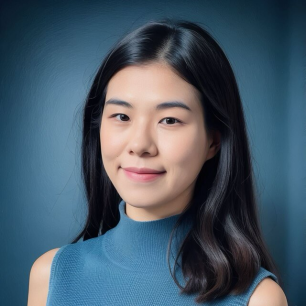Title: Customer Reward Programs for Two-Sided Markets
中文题目:双边市场的客户奖励计划
Speaker: Chengyi Lyu, PhD candidate, Leeds School of Business, University of Colorado Boulder
Time: 2025年4月28日 上午 9:00-10:00
Place: 管理科研楼一楼第三教室
Abstract:
Some two-sided markets have been spending billions of dollars on customer reward programs every year. Yet, there is little research on the rationale and impacts of such programs, despite the large literature on customer reward programs in traditional markets. This paper examines the rationale and impacts of customer reward programs in two-sided markets, investigating the efficacy of such programs and highlighting their interplay with matching schemes. We adopt an analytical model for a platform that interacts with customers and service providers over an infinite time horizon. Under a customer reward program, a customer earns a cash reward for every purchase with a finite expiration term, which can be used to offset the selling price in a subsequent purchase within the expiration window. Customers are heterogeneous in their request probabilities and valuations, while providers differ in their service costs. The platform maximizes its profit by setting the service compensation for providers, and the price and reward program parameters for customers. We show that adopting a customer reward program can often dramatically improve the platform's profit. Importantly, matching schemes play an important role -- customer reward programs are much more lucrative under priority matching schemes than a random matching scheme. Our results rationalize the heavy investments made by many two-sided markets in customer incentives and demand/supply matching. Overall, we conclude that customer reward programs can be an even more important profit-boosting tool for two-sided markets than for traditional one-sided markets. We also discuss the welfare implications of our findings.

Bio:
Chengyi Lyu is a PhD candidate at the Leeds School of Business, University of Colorado Boulder. Her research focuses on platform-based businesses. Specifically, her work can be classified into two interrelated streams. In the first stream, she builds economic models to understand the rationales and impacts of innovative business models, thereby offering managerial insights and guidance for platforms and other stakeholders. In the second stream, she develops optimization and data-driven methods to enhance decision-making and operational efficiency. She holds an M.S. in Industrial Engineering & Operations Research from Pennsylvania State University and a B.S. in Mathematics from University of Science and Technology of China.



